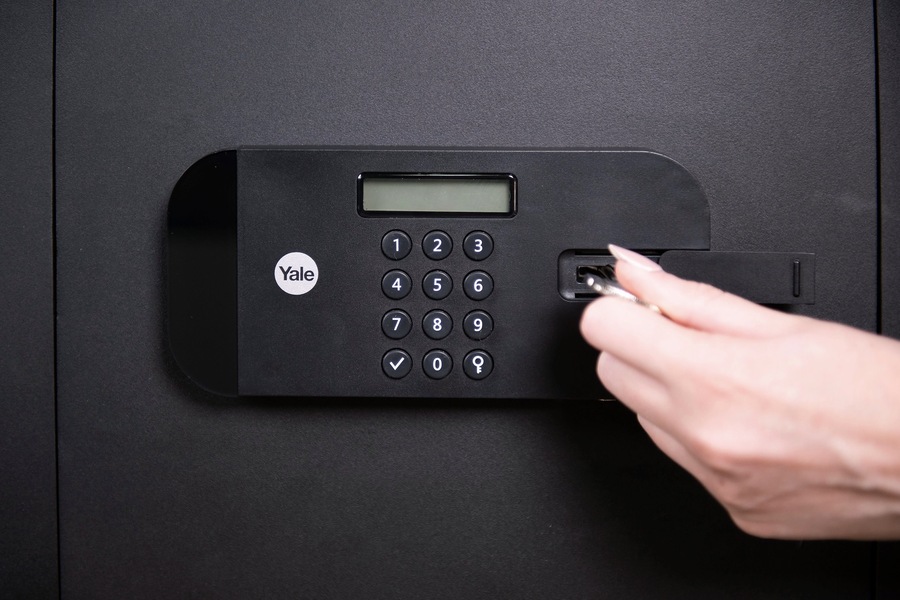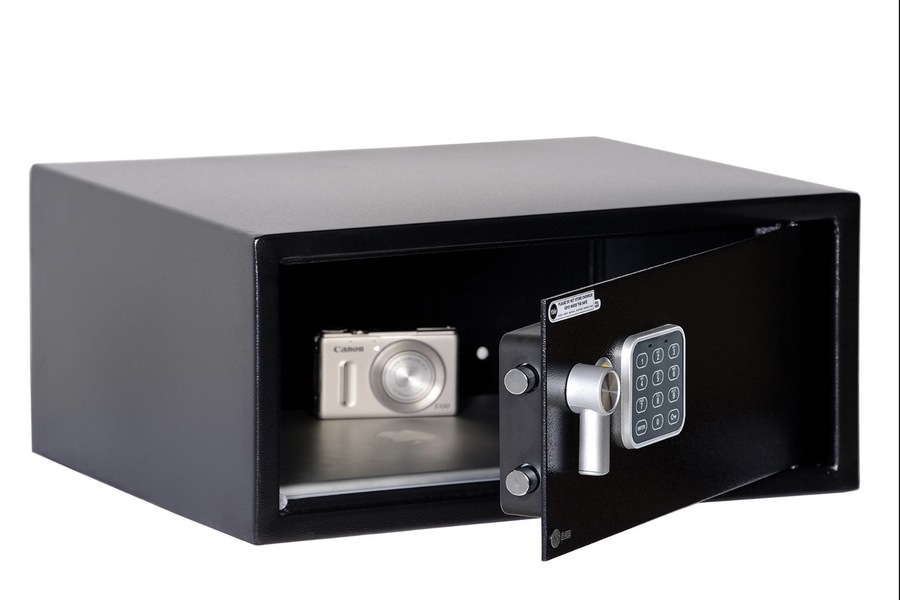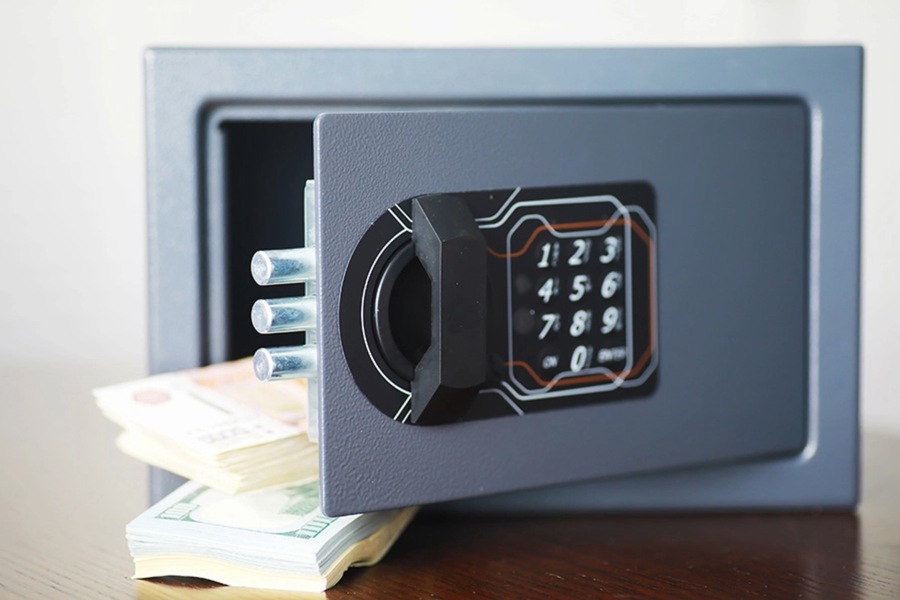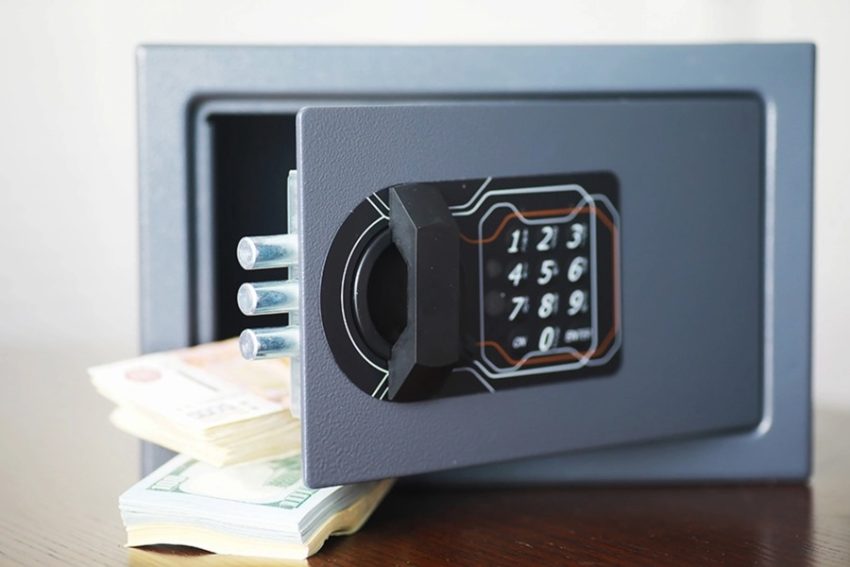From ancient treasure chests to modern biometric vaults, safes have a storied past intertwined with humanity’s pursuit of security. The concept of safeguarding valuables has evolved alongside civilizations, mirroring technological advancements and cultural priorities. Today, as industries boom and wealth multiplies, safes Dubai stand as symbols of sophistication, protection, and trustworthiness. But how did this simple idea of securing possessions become a global necessity?
In this article, we explore the fascinating historical journey of safes, their evolution through the ages, and their prominent role in the bustling marketplace of Dubai.
Page Content
The Birth of Security: Early Beginnings of Safes
Before Dubai became synonymous with luxury and innovation, ancient societies were already engineering solutions to protect their wealth. The earliest safes date back to 13th-century Egypt. Pharaohs and high-ranking officials employed wooden chests with elaborate locking mechanisms to safeguard gold, jewels, and vital scrolls. Often, these locks incorporated basic pin tumbler designs, laying the groundwork for contemporary security technology.
Roman Ingenuity
By the time of the Romans, safes had evolved into more advanced designs. Wealthy merchants and politicians relied on iron boxes strengthened with metal bands to safeguard valuables. These safes featured rudimentary locking systems intended to thwart theft.
Industrial Revolution: Safes Enter the Modern World
The Industrial Revolution of the 18th and 19th centuries marked a turning point in safe design. As banking systems flourished and wealth became centralized, the need for secure storage skyrocketed. The safe as we know it today began to take shape during this period.
Milestones in Safe Development
Fireproof Safes (1820s): Invented by Englishman Thomas Milner, fireproof safes used materials like clay and gypsum to withstand extreme heat.
Combination Locks (1857): Linus Yale Jr. introduced the combination lock, revolutionizing security and making safes more tampering-resistant.
Bank Vaults (Late 1800s): Massive safes with reinforced steel doors became standard in banks, setting the gold standard for secure storage.
The 20th Century: Technology Meets Safes
Technological advancements in the 20th century altered the safe industry. Thanks to time-delayed mechanisms, electric locks, and better materials, Safes were almost impenetrable.
The Rise of Home Safes
Home safes became increasingly popular in the 1970s and 1980s as families sought to protect personal documents and keepsakes. Additionally, lightweight, portable safes gained popularity because they were convenient for persons who regularly traveled or resided in high-crime areas.

The Function of Safes in the Economy of Dubai
Dubai has a special relationship with safes because it is one of the richest and safest cities in the world. The city’s explosive growth as a center of luxury, innovation, and trade has increased demand for safe storage options.
Key Drivers of Safe Demand in Dubai
Gold and Jewelry Trade: Dubai is known as the “City of Gold,” accounting for nearly 29% of the global gold trade (DMCC, 2023). Safes are indispensable for jewelers and gold traders.
Banking and Finance: Dubai’s robust banking sector relies on advanced vault systems to protect billions in assets.
Luxury Homes and Hotels: High-net-worth individuals frequently invest in custom safes for their residences and hotel suites, safeguarding everything from watches to important documents.
Industry Insights
The Middle East safe market is expected to grow at a CAGR of 5.3% from 2023 to 2030 (Fortune Business Insights).
Dubai contributes significantly to this growth with increasing investments in smart safes equipped with biometric access and IoT integration.
Modern Innovations in Safes
Today, safes are no longer mere metal boxes but masterpieces of engineering and technology. Dubai, being a tech-savvy metropolis, has embraced the following innovations:
Biometric Safes: Fingerprint recognition ensures that only people with permission can open the safe.
Smartphone-enabled smart safes: These safes notify users of tampering or unwanted entry.
Fire and Water Resistance: Modern materials like ceramic composites enable safes to survive harsh environments
Custom Designs: Custom safes are made to fulfill certain requirements, such as keeping wine, special valuables, or guns.
Cultural and Symbolic Significance of Safes
Beyond their functional utility, safes have taken on symbolic meaning, particularly in Dubai. They represent more than security—they signify prosperity, trust, and foresight. Modern safes are a testament to a company’s dedication to safeguarding the interests of its stakeholders. They represent a desire to leave a legacy for oneself.

Safes in Dubai’s Future
Dubai’s dedication to sustainability and smart technologies is paving the way for more innovation in the safe sector. Some important trends are:
Eco-Friendly Safes: Made from recycled or low-impact materials, catering to environmentally conscious consumers.
AI Integration: Future safes may leverage artificial intelligence to analyze access patterns and detect suspicious activity.
Enhanced Portability: Lightweight yet secure safes designed for digital nomads and frequent travelers.
Conclusion
From humble beginnings in ancient Egypt to sophisticated forms in Dubai’s luxury landscape, safes have proven to be an enduring cornerstone of human ingenuity. As the city continues to evolve as a global hub for wealth and innovation, the demand for cutting-edge safes will only grow. Whether protecting family heirlooms or securing multimillion-dollar assets, the humble safe remains a timeless testament to humanity’s pursuit of security. For those living or conducting business in Dubai, investing in a safe isn’t just a choice—it’s an imperative. After all, as the city itself demonstrates, true greatness is built on a foundation of trust and protection.
Baseball fan, coffee addict, audiophile, hand letterer and front-end designer. Performing at the crossroads of design and sustainability to develop visual solutions that inform and persuade. My opinions belong to nobody but myself.


